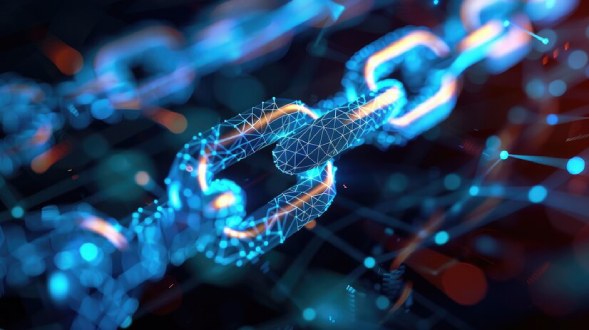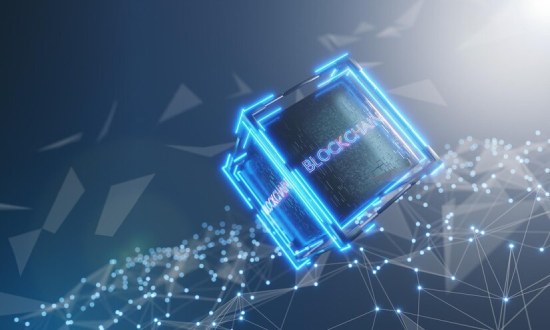-
With the growing popularity of Ethereum, the blockchain network has faced scalability limitations. The platform is witnessing an upsurge in the cost of using the platform. Consequently, there is a need for scaling solutions, and one such solution is zero-knowledge (ZK) rollups. Essentially, this protocol takes the transaction data off the Ethereum main chain. It requires blockchain development services to utilize ZK rollups.
Let us explore more about these protocols in this blog.
What are Zero-Knowledge (ZK) Rollups
Zk rollups are layer-2 scalability solutions for Ethereum to enable fast transactions and low gas fees. They move computation and state storage of the Ethereum blockchain to off-chain.
This protocol bundles off-chain executed transactions into batches. It reduces the data load on the main blockchain and prevents network congestion in the Ethereum network. Thereby, it improves the performance of the blockchain.
Read More | Zero-Knowledge Proof for Blockchain Transaction Privacy
Benefits of ZK Rollups
One of the benefits of ZK rollups is that it reduces congestion on the Ethereum mainnet. It enables fast transactions.
The main chain will contain fewer computing and storage resources. Less demand for the network will also lead to low gas fees.
Since these protocols utilize a trustless cryptographic mechanism, it tends to be more secure than the honor system of optimistic rollups.
They prevent wrong changes to Ethereum's state as the protocol verifies every off-chain transaction using validity proof.
A validity proof is a brief cryptographic commitment that validates the authenticity of batched transactions.
Developers can tailor a layer 2 (L2) network according to their requirements with zero-knowledge rollups. These protocols provide a secure decentralized base layer where developers can build highly specialized computing environments.
Explore | Cross-chain DeFi Development: Ensuring Interoperability
The Working of ZK Rollups
ZK rollups operate by integrating several off-chain transaction data into a single transaction. Then, the main chain shares a SNARK (short non-interactive argument for knowledge) for authentication and verification to the main chain.
Participants sign in transactions in the ZK-rollup and submit them to L2 operators. They will process the transactions and include them in the next batch.
Whenever the operator work as a single centralized organization, then it is known as a sequencer. This entity conducts transactions, groups them into batches, and submits them to layer 1 (L1). The only entity permitted to create L2 blocks and add roll-up transactions to the ZK rollup contract in this system is the sequencer.
With the aid of a proof-of-stake validator set, other ZK rollups can rotate the operator job. Possible operators fund the roll-up contract deposits. The size of each stake affects the staker's chances of being chosen to generate the subsequent rollup batch. The possibility of the operator's stake being reduced for harmful behavior encourages them to upload genuine and valid blocks.
Also, Visit | Layer 2 Blockchain Scaling Solutions
ZK Rollups Use Cases
Here are some of the use cases of ZK rollups:
Decentralized Exchanges
ZK rollups can decrease the load on a blockchain network by performing trades off-chain. They also enable faster trade settlements. So, they can power decentralized exchanges and allow fast trading of crypto assets.
Gaming
Since these L2 scaling solutions reduce the crypto network's load, they give fast, real-time gameplay. Gaming platforms can efficiently work with the aid of zero-knowledge rollups.
Supply Chain Management
Businesses can use these protocols for tracking vehicles and goods movement via a supply chain. These protocols ease out the tracing of transactions that are processed off-chain. Enterprises will receive authentic data on progress.
Data Storage
ZK rollups execute transactions off-chain. They can efficiently manage and secure databases, including medical records or personal data. These protocols can easily store and manage such large databases.
Check It Out | Solutions to Address the Blockchain's Scalability Trilemma
Conclusion
Zero-knowledge rollups are potential technologies that can resolve the scaling issues of Ethereum without compromising on the security and decentralization aspects. They ensure a trustless and censorship-resistant environment.
These protocols can integrate with Ethereum's future upgrades. They will make it easier and cheaper to utilize for users.
For more information, contact our blockchain experts.

Our Offices
INDIA
Emaar Digital Greens, Sector 61,
Gurugram, Haryana
122011.
Welldone Tech Park,
Sector 48, Sohna road,
Gurugram, Haryana
122018.















